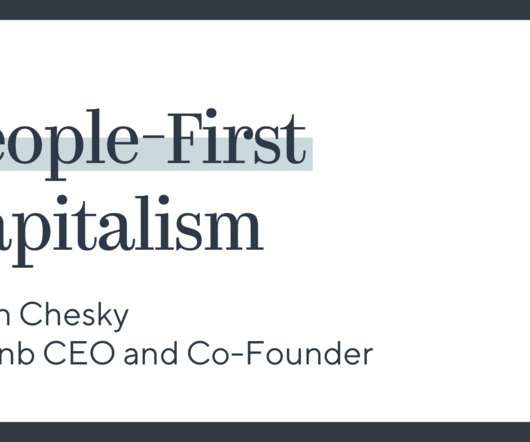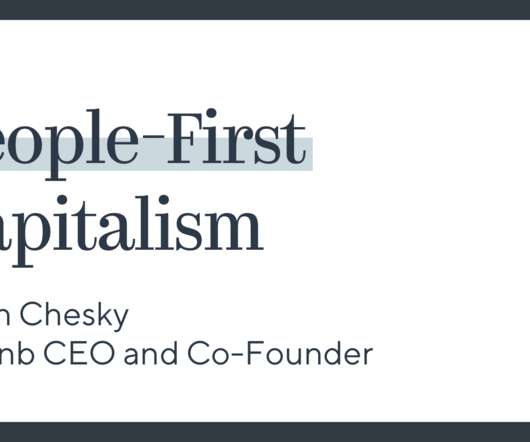Bad Notes on Venture Capital
Both Sides of the Table
SEPTEMBER 18, 2014
Him: But when I raised my first round we didn’t know how to price the company. There were no metrics. How will you price the next round? Your A round? Him: On metrics. In finance they call it “terminal value” but the truth is the price is as arbitrary at your A round as it is at your seed round.















Let's personalize your content